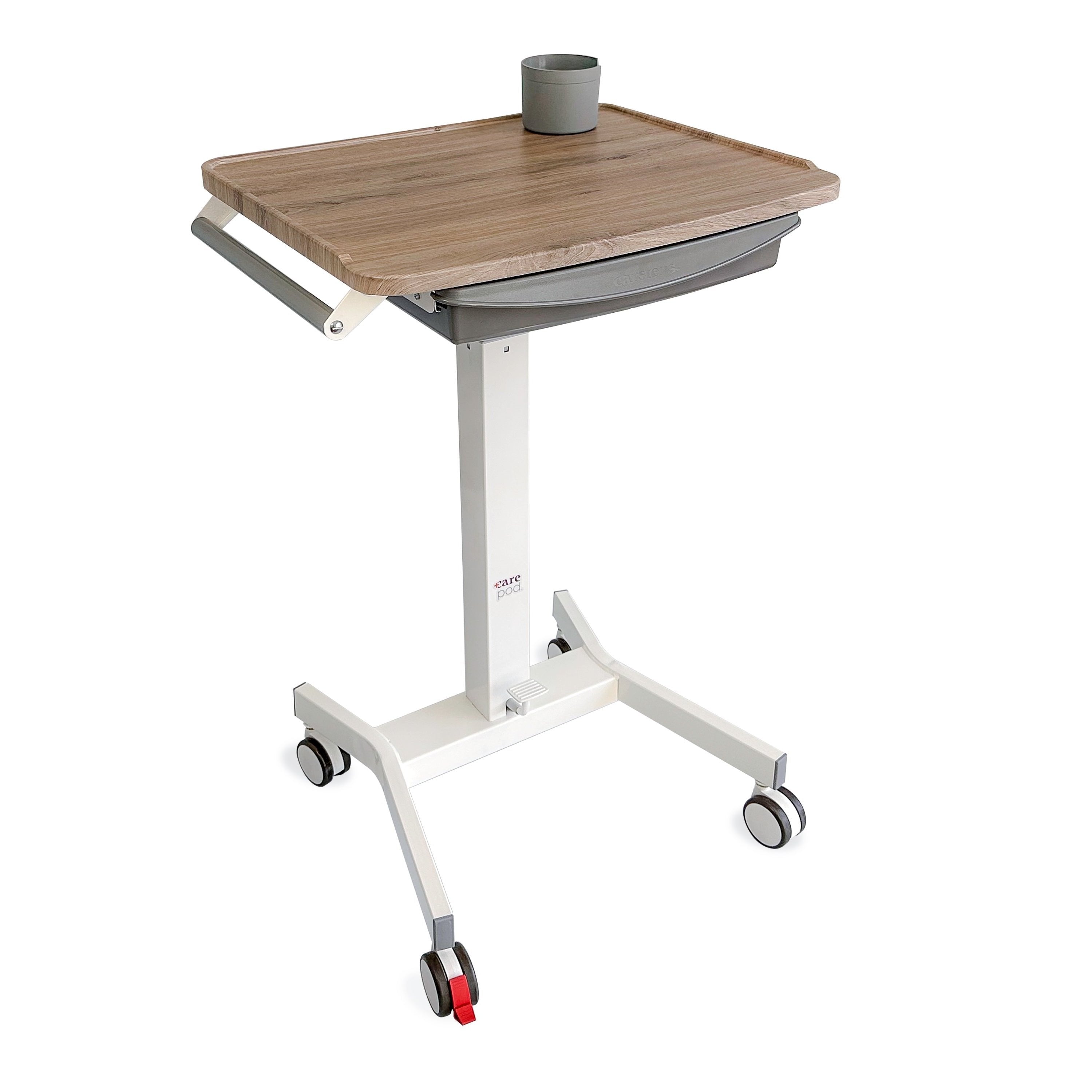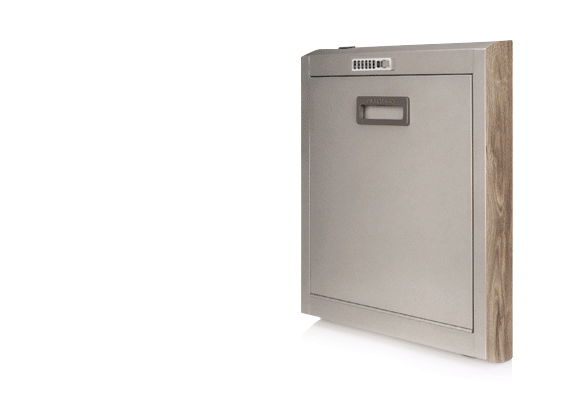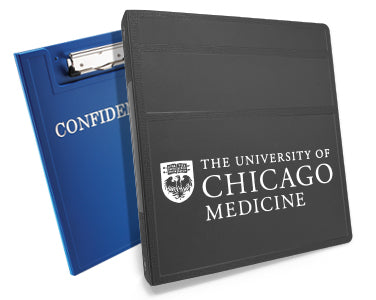Implementing effective communication techniques can greatly impact the quality of care that healthcare professionals provide to patients. Miscommunication can lead to unintended consequences, affecting both patients and staff. Using strategies like active listening and keeping your workspace organized can help minimize the chances of error.
Explore several key ways healthcare workers can prevent miscommunication and provide the best care for their patients.
Embrace Active Listening and Clarity
Active listening is essential for avoiding misunderstandings and errors. Ensure you understand the patient or message before responding, ask questions, and double-check with the speaker to confirm their intended meaning. Using clear terminology when speaking to patients and co-workers is recommended, as is avoiding jargon or complicated language that may lead to confusion.
Use Visual Aids and Organization Tools for Documentation
Visual aids, including diagrams, pictures, and charts, can communicate complex patient information. Organizational tools like dividers for three-ring binders are crucial for maintaining a well-structured filing system. They allow easy access to vital patient information and help ensure all team members are on the same page.
Implement Standardized Communication Protocols
Establishing and following standardized communication protocols in your healthcare setting is essential for reducing the risk of miscommunication. Regularly train and update staff members on these protocols so that they become second nature. Communication tools, such as SBAR (Situation, Background, Assessment, and Recommendation), can be extremely useful for guiding team members through clear and concise discussions about a patient's condition.
Encourage Open and Honest Communication
Encouraging open and honest communication is crucial in healthcare settings. Patients need to feel comfortable sharing personal information and concerns with their healthcare providers. Fostering mutual respect and trust can create a safe environment for everyone to communicate honestly. By actively listening and creating opportunities for feedback, healthcare professionals can identify potential misunderstandings before they become a problem. Patients who feel heard and validated are more likely to trust their healthcare providers, leading to improved health outcomes.
Invest in Effective Communication Training
Continuous staff education and development play an essential role in preventing miscommunication. Invest in communication training programs that improve interpersonal skills, active listening, and cultural competency for a diverse patient population.
There are many other ways healthcare workers can prevent miscommunication. However, by implementing these simple strategies, healthcare professionals can greatly reduce the risk of errors that can lead to negative patient outcomes and decreased staff morale. Try incorporating other organizational tools in your practice to streamline documentation and keep everyone on the same page.






